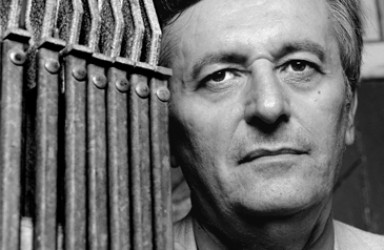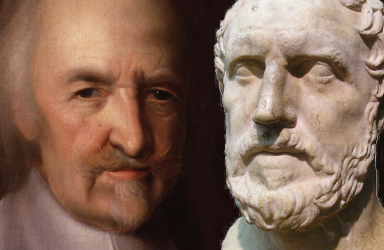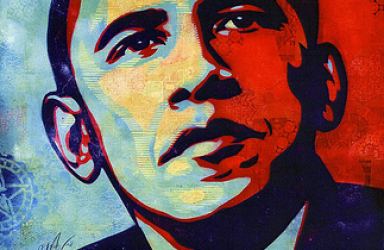Does Regionalism Challenge Globalization or Build Upon It?
Whilst the globe may be ‘shrinking’ with the advancement of technology and increasing interdependence, numerous weaknesses and unaddressed atrocities remain lay within the system of ‘globalized’ international relations. This paper argues that in response to the many faults the system of ‘globalization’ contains, a new form of regionalism has arisen in the world to address what global multilateralism can not.
A Study of Self-Help in Anarchic International Systems
The debate between “rationalists” and “reflectivists” has emerged as a central axis of contention in International Relations (IR) theory. Rationalists treat sovereign states as rational, self-regarding units, leading both Neorealists and Neoliberal Institutionalists to conclude that anarchic conditions create a “self-help” international system. Reflectivists, a broad church that includes postmodernists, critical theorists, and other anti-positivists, see no automatic link between anarchy and self-help.
The status of women as a key indicator of modernity in Muslim society
Using women’s status as an indicator for the level of modernity achieved in non Western Muslim societies can set up a vicious circle that reinforces an orientalist bias. Such an evaluation is often affected by a belief that secular-liberal regimes hold a more favourable stance towards women. In addition, some Western feminist scholars have developed an approach that exasperates this dynamic
John Gray and the idea of progress
The political thought of John Gray offers an unflinching vision of the world, a world divided by refractory ways of life, stressed by the looming conflicts over natural resources and scorched by irreversible patterns of global warming. Gray’s vision of the world is none too cheerful, and prescribed throughout his numerous analyses of today’s most pressing problems is a sobering dose of realism. Gray has repeatedly emphasized that many of our greatest problems are incurable and that the best we can hope to achieve is to minimise their symptoms
Hobbes and Thucydides: How the fathers of Realism differ from their offspring
If the English philosopher Thomas Hobbes has been called a “father of Realism”, then the Greek historian Thucydides must surely be its forefather. This essay is going to compare Hobbes’ and Thucydides’ opinions on the sources of state-behaviour with respect to Realist standpoints, questioning whether they can justifiably be classified as belonging to this school of thought.
Visual Culture in Politics: The Obama “Progress” Poster
The 2008 US Presidential Elections was a watershed in American politics which culminated with Barack Obama being sworn in as the nation’s first African-American president. The “Progress” poster by street artist Shepard Fairey was an important medium in which the message and ideals of Barack Obama were instantly transmitted to the public.
Does Democratization Equal Peace?
The unstable phase somewhere between autocracy and well-established democracy presents the most challenges to peace at home and abroad. Limited definitions of the transition process and its endpoint are counterproductive for democratizing countries, as is bestowing the label of ‘democracy’ when it is inaccurate, and relying solely on elections. We cannot hope for the democratic peace thesis to be realized until countries move out of the transition phase and become truly established democracies
A World Without Nuclear Weapons?
Pierre Gallois, an advisor to Charles DeGaulle, argued that the mere possession of a nuclear arsenal was enough to deter other nations from waging a war, and as a result he argued that the spread of nuclear weapons would increase international stability. Colin Powell may have been naïve when he said that he wished to see zero nuclear weapons in the world, but hopefully true debate from a practical and realistic perspective will help to make the world a better place
The Enduring Wisdom of Sun Tzu and Clausewitz
This essay will assess the relevance of the principles developed in On War and The Art of War to the conduct of war by International Security Assistance Forces in Afghanistan, contrasting the resilient lessons of each philosopher in modern combat. The result is solidified in the idea that war is dynamic -a dialogue that is malleable to whatever will is imposed on it-yet there are universal characteristics of war that are pervasive across time and culture.
The Viability of Deterring Terrorism
Deterring terrorism is too vague a concept. Deterrence as a counterterrorism strategy depends on a bottom-up approach; a top-down approach, at best, creates a negative trickle-down effect. States must deter problematic socio-economic systems in order to prevent the individual from seeking out extreme measures for self-worth, which will, by extension, ultimately deter the terrorist organization.









